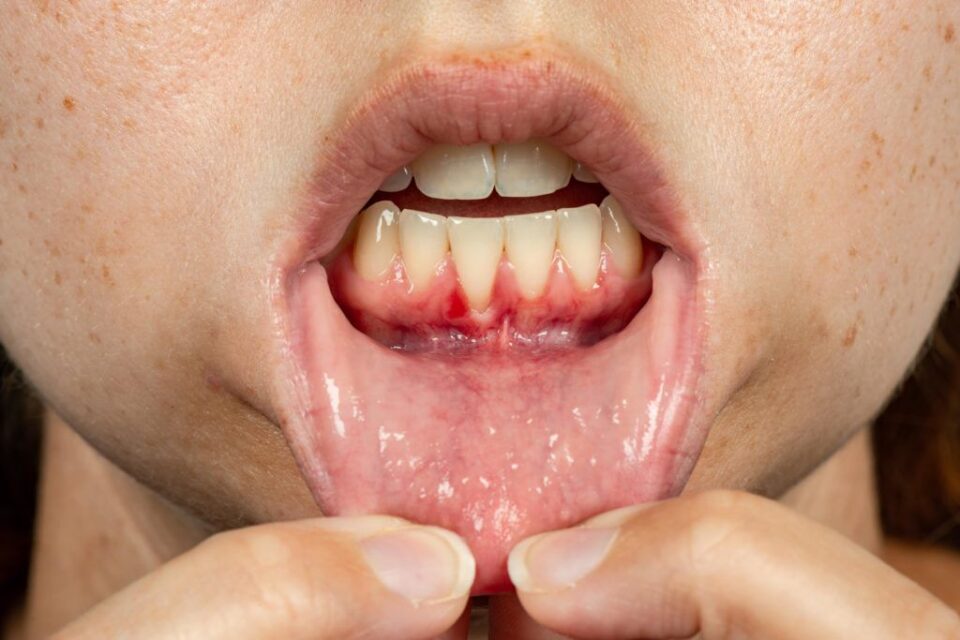Good oral health and hygiene help control the bacterial load in the mouth. Daily brushing of teeth, good dental care habits, flossing, and awareness of what we eat daily, and dental check-ups may help prevent dental diseases such as gum disease.
Gum Disease
In the early stages of gum disease, the gums’ inflammation occurs and bleeding of the gums when brushing teeth. The inflammation of the gums occurs as a result of bacteria build-up on the plaque.
The early stages of gum inflammation cause a disease called gingivitis. If not treated or managed early, gingivitis may develop into periodontal disease, which is severe gum disease. Periodontal disease causes inflammation of the soft tissue and the bone supporting the teeth.
Gum disease results from poor oral hygiene and is treatable through professional dental cleaning and, at times, may require surgery. Visit your dentist for professional dental services.
Good Dental Hygiene
1. Brushing of teeth
Good oral hygiene involves brushing teeth daily after meals and at least twice daily with fluoride-based toothpaste. Fluoride forms a protective coat on teeth that prevent an acid attack, thus preventing tooth decay.
2. Flossing
Flossing involves using floss or interdental brushes more often to otherwise hard-to-reach areas such as between teeth.
3. Dental Check-ups
Regularly visiting a dentist for check-ups and professional cleaning helps identify dental problems early when they are easy to treat and affordable.
4. Daily Awareness Habits
Some habits such as consuming acidic drinks such as soft drinks, eating too sugary foods, and smoking contribute to tooth decay. Controlling or quitting these habits and promoting the above dental hygiene practices will help you keep your teeth in a healthy condition.
Treatment of Gum Disease
Further to keeping good oral hygiene, your dentist may recommend further treatments.
· Scale and Polish Dental Treatment
Scale and polish is a professional cleaning procedure that involves removing stains and removing plaque and tartar build-up. Your dentist will scrape off plaque and tartar using special dentist tools and then polish the teeth to remove stains. Depending on the hardness and amount of plaque build-up, your dentist may recommend several sessions of scale and polish dental treatment.
· Root Planning
Your dentist may recommend root planing to treat gum disease. Root planing involves professional oral cleaning below the gums to remove plaque and tartar on the roots of teeth where the infection has affected the bones supporting the teeth. Your doctor may recommend local anesthesia before treatment commences.
· Periodontal Surgery
Periodontal surgery helps treat some cases of gum disease, such as periodontal disease. The process involves lifting of the gum to remove tartar as well as plaque.
Conclusion
Poor dental hygiene may lead to loss of teeth, gum diseases, mouth odor, and other health problems. Taking good care of teeth will help avoid these dental problems and enable you to live a healthy and comfortable lifestyle. However, to be on top of the game, it’s essential to visit your dentist once a year, even if you are not experiencing dental problems.

